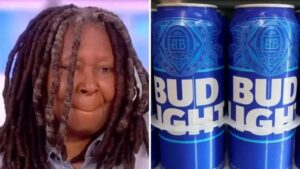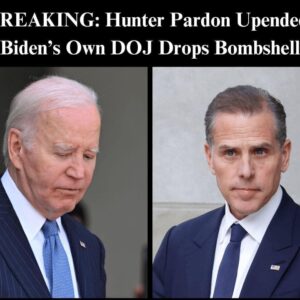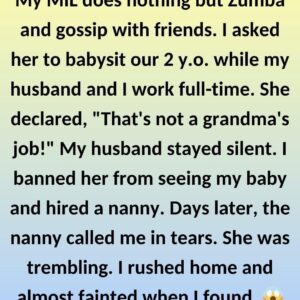
In an already tumultuous year for Bud Light, the brand finds itself in another quandary. Only days after announcing Whoopi Goldberg as their new brand ambassador in an audacious attempt to revive flagging sales, the beer giant is now reporting a staggering loss of billions in market value.Bud Light’s decision to bring on board Goldberg, an award-winning actress, comedian, and ‘The View’ co-host, was a bold move that was met with mixed reactions. Lauded by some for its audacity, it was also seen by others as a desperate attempt to revive a brand beleaguered by controversy and declining sales. However, no one could have predicted the catastrophic financial blow that was to follow this high-profile announcement.
Bud Light’s market value plummeted drastically within days of the announcement, with the company reportedly losing billions. Although it’s challenging to attribute this sharp decline to a single event conclusively, the timing of the loss with Goldberg’s appointment has raised eyebrows.
The significant drop in value came as a shock to analysts, investors, and industry watchers, as the addition of a brand ambassador, especially a celebrity of Goldberg’s stature, typically boosts a brand’s market performance, at least in the short term. However, the Bud Light-Whoopi partnership seemed to have the opposite effect, indicating that the public’s reception of this bold move was not as anticipated.
It’s worth examining why Bud Light’s seemingly brilliant strategy failed to deliver the desired effect. The brand’s recent past has been marred by several marketing missteps and a general public sentiment of discontent. This dissatisfaction culminated in a boycott after a controversial campaign involving Dylan Mulvaney. The boycott severely hurt sales, pushing Bud Light to explore unconventional strategies to recover its market position.
The appointment of Goldberg, known for her frank views and polarizing opinions, was a gamble for Bud Light. The intention was clear – to stir conversation, appeal to a broader demographic, and regain public favor. However, the result was a sharp nosedive in market value, suggesting that the public’s response to this unlikely partnership was more negative than positive.



